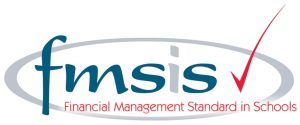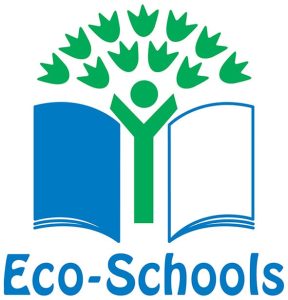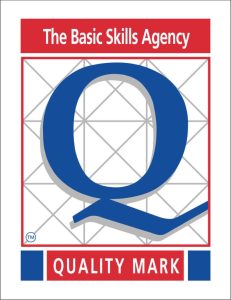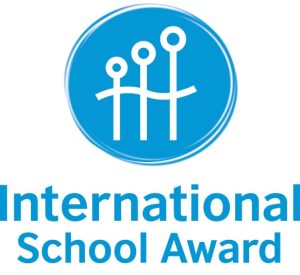“We may have different religions, different languages, different coloured skin, but we all belong to one human race.” Kofi Annan.
From September 2023, our RE curriculum follows the Durham Agreed Syllabus. This Agreed Syllabus for Religious Education aims to ensure that pupils develop 3 key elements which are interlinked:
· Knowledge and understanding about a range of religious and non-religious worldviews
· Critical thinking and enquiry (impersonal evaluation) in relation to the material they study. This requires pupils to evaluate and analyse, give opinions with justification, support their ideas with reason, consider alternative arguments, be open-minded and value the varied reasons and ideas people use when exploring an issue.
· Personal reflection (personal evaluation) develops pupils’ ability to reflect on religious and non-religious worldviews in relation to their own beliefs, values and experiences and the influence of these on their daily life, attitudes and actions. Personal reflection is subjective and private.
The intent of our RE curriculum is to contribute dynamically to pupils’ education in school by provoking challenging questions about meaning and purpose in life, beliefs about God, ultimate reality, issues of right and wrong and what it means to be human. In RE pupils learn about different religious and non-religious worldviews and their traditions, practices and beliefs in order to discover, explore and consider different answers to unit questions.
The 4 concepts as outlined in the Durham Agreed Syllabus are one way in which a religions and non-religious worldviews can be defined 1. Belief 2. Authority 3. Expressions of belief 4. Impact of belief
Throughout the key stages the pupils will have opportunities to develop a range of skills. Some of the skills are more appropriate to knowledge and understanding (e.g. investigation), critical thinking (e.g. evaluation) or personal reflection (e.g. empathy) but all are necessary for good balanced RE learning and progress. Through this, we promote awareness, respect, acceptance and sensitivity for the cultures and traditions of other people which prepare our children well for life in modern Britain.
This further supports our PHSE, SMSC and British Values and will help children to develop as positive citizens as they work within our core values of:
Community
Kindness
Respect
Independence
Resilience
Positivity
Excellence









